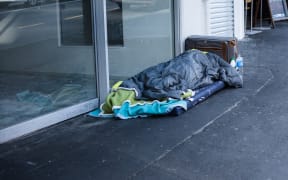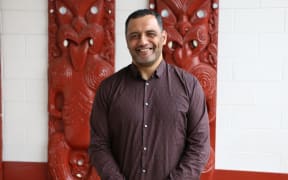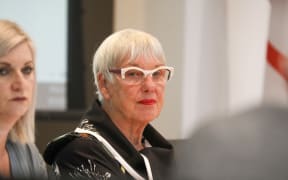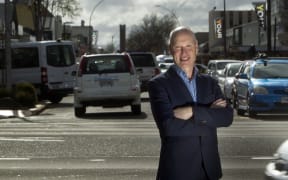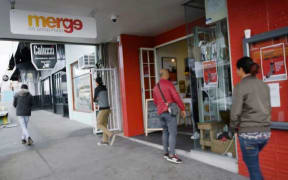A year ago, social services kicked into high gear to rapidly get homeless people off the streets for lockdown.
The fast and almost universally successful effort led to people asking if there really was a possible solution to rough sleeping in Aotearoa.
But one year on, what progress has been made?
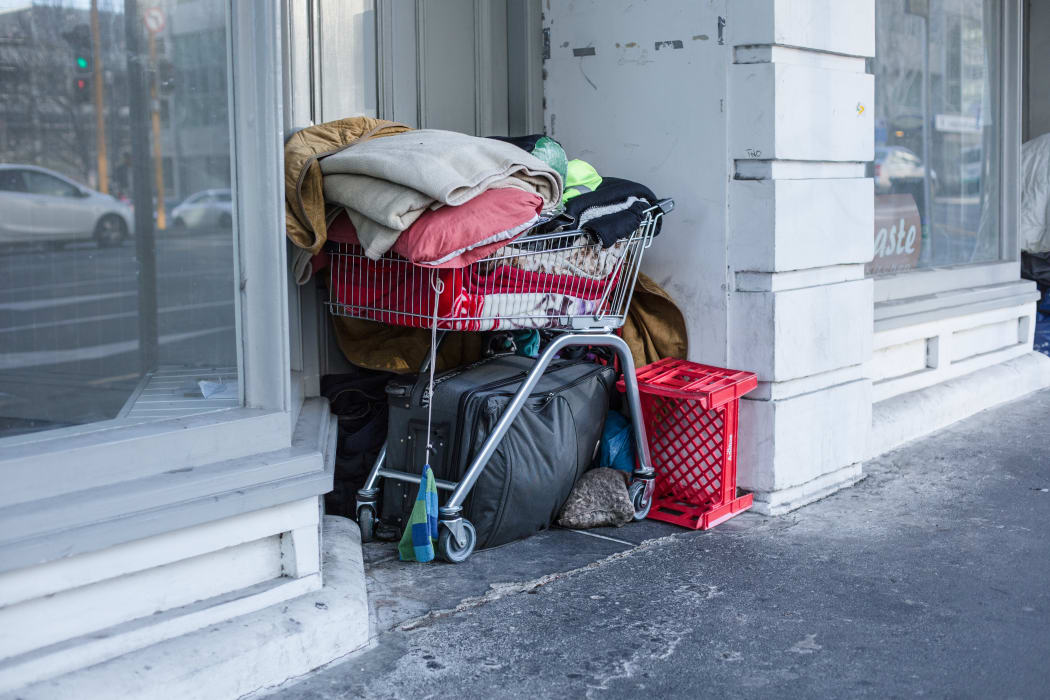
Latest government figures show there are more than 22,000 people on the housing waitlist (File image). Photo: RNZ / Luke McPake
With a country-wide lockdown looming back then, the prime minister's words were clear - stay home.
But that left the homeless community scratching its head, what if you didn't have one? Organisations working with the homeless quickly stepped into overdrive.
Read more:
Wellington City Missioner Murray Edridge remembers it well and described it as "the best of times and the worst of times".
For the tale of our cities, the worst of times saw food demand up by 500 percent and not enough housing, and the best of times, a community coming together.
"Between ourselves and some other agencies, we effectively housed the entire street-living population of Wellington.
"That was something nobody every imagined possible. We thought of it as some sort of pipe-dream, some sort of aspirational vision for years to come."
But the response to the need was great, he said, including a "courageous and creative" approach from central and local government.
"The bureaucracy and the barriers were demolished overnight."
The infrastructure that allowed people to live on the streets such as libraries and public loos also disappeared, which compelled some people, who had been sleeping rough for 10 years, to seek out emergency housing.
"For many of them, it was an absolutely formative period."
In the six months leading up to lockdown, 46-year-old Jodi and his partner had been living in a car on Auckland's streets.
"It was really hard to find a place, they would just look at your past or how you look. Even if you have a good credit, they say 'this place is not for you'."
Housing First, a programme that helps rough sleepers into long-term supported housing, now has them living in a new two-bedroom unit in Manurewa.
The approach by authorities had made a huge difference, Jodi said.
"They'll talk to you by name, not last name, and first and foremost, it's face-to-face. Like my mother always said: 'te kanohi te kanohi'."
Having that care, community support, and somewhere permanent to live offers Jodi a more hopeful future.
"More of a stable life, living day to day, and looking around for jobs now, so it's good. It's given us a sense of direction."
Housing First, which is supported by funding from the Ministry of Housing and Urban Development and Auckland Council, has housed 590 people from lockdown to now - 30 percent more than the year prior.
Auckland programme manager Tracey Moore said different agencies were co-ordinating well.
"It really feels like ending homelessness is still a significant priority. There is fantastic collaboration with Auckland Council, some of the government departments, the not-for-profit sector and housing providers working together to try and find solutions."
But she warned there was a constant stream of need for shelter.
"The need isn't diminishing. We have those complex needs but we are also experiencing huge demand from people with severe housing need, because they cannot access a property in the private rental sector or their tenancies are being terminated."
Latest government figures show there are more than 22,000 people on the housing waitlist. That is 7000 more than before the pandemic.
More than 5000 people are getting emergency housing grants for motels, 2000 more than January last year.
Wellington City Missioner Murray Edridge said despite the good work, keeping pace with the demand was tough.
"If you ask the people who are doing it really, really hard, 'is government doing enough?', the answer generally is no.
"But you have to mitigate that to some extent and I think there is the will to do the right thing, and we have seen some credible decisions from government to solve what are some highly complex social issues."
Edridge said he would like to see emergency motel use scrapped because it did not offer wrap-around support.

